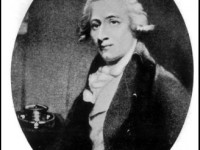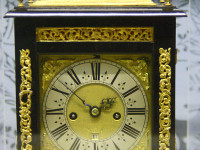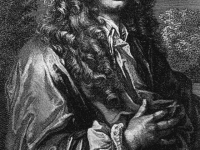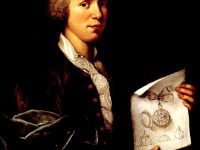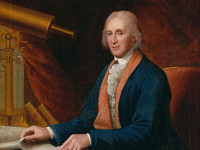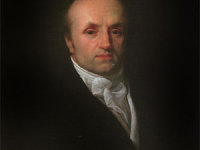The Chronometers of Thomas Earnshaw
On February 4, 1749, English watchmaker Thomas Earnshaw was born. Earnshaw further simplified the process of marine chronometer production, making them available to the general public. He is also known for his improvements to the transit clock at the Royal Greenwich Observatory in London and his invention of a chronometer escapement and a form of bimetallic compensation balance. Improving Marine Timekeepers Thomas Earnshaw was born at Ashton under Lyne, Lancashire. He became…
Read more

